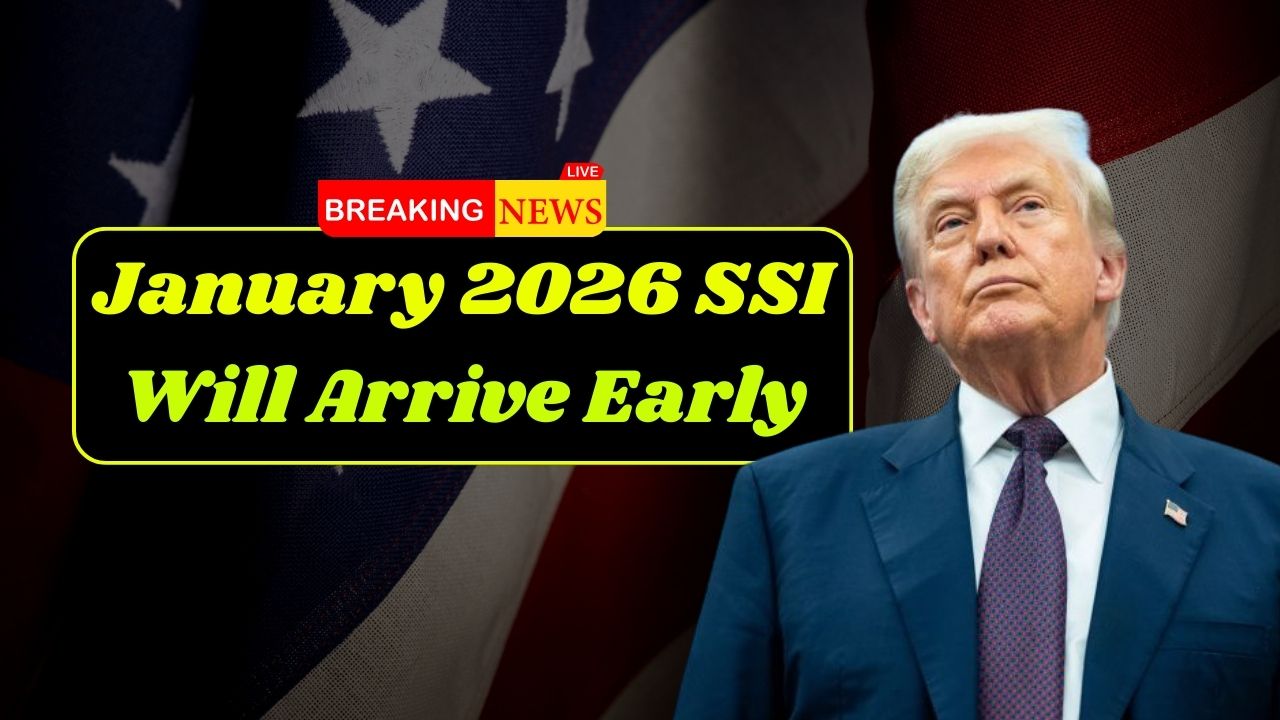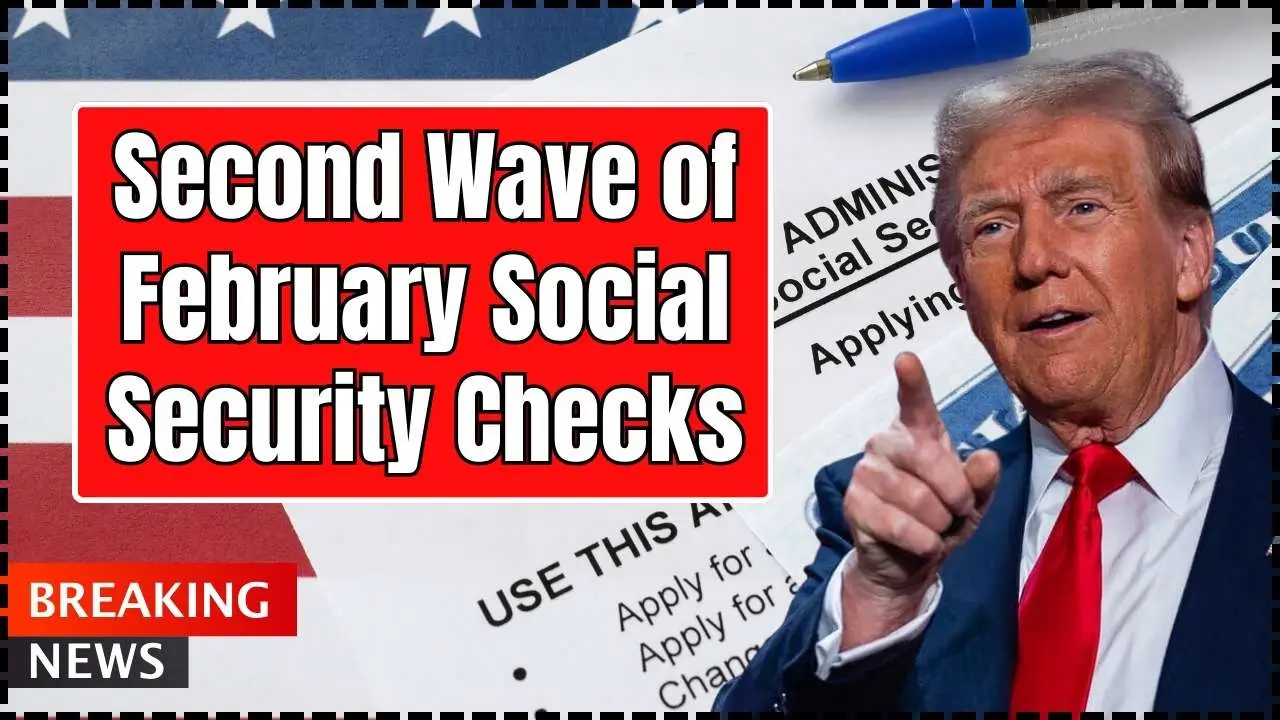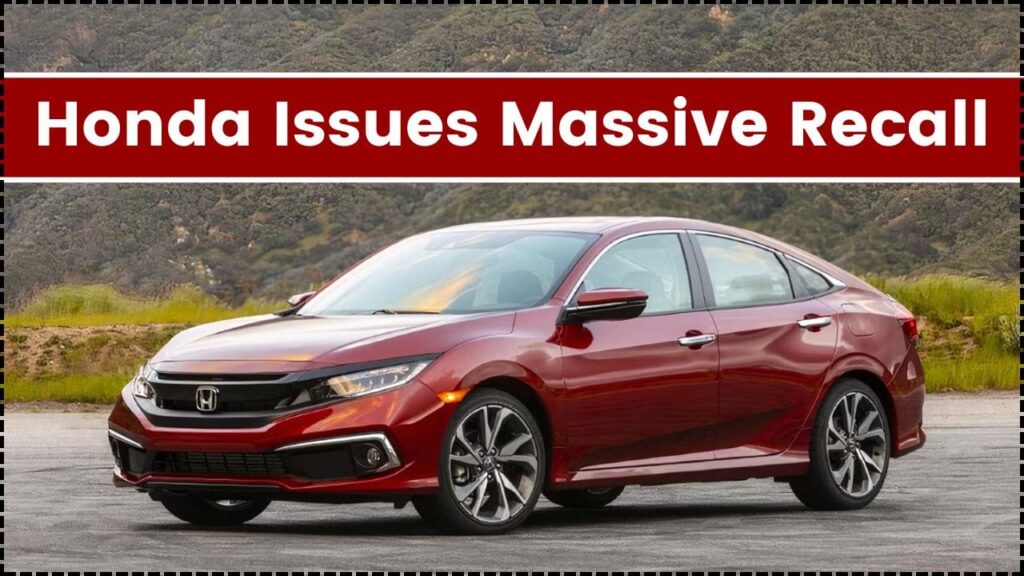
Honda Motor Co. has recalled about 406,000 Civic sedans and hatchbacks in the United States from the 2016 to 2021 model years after discovering a manufacturing defect that could cause certain 18-inch aluminum accessory wheels to loosen or detach while driving. The company said no crashes or injuries have been reported but urged owners to seek immediate inspection and repair.
Honda Issues Massive Recall
| Key Fact | Detail / Statistic |
|---|---|
| Vehicles Recalled | 406,000 (model years 2016–2021) |
| Likely Affected Units | About 3,276 with defective wheels |
| Root Cause | Improperly manufactured wheel lug-nut seating surface |
| Confirmed Incidents | None reported |
| Remedy | Free inspection and replacement of affected wheels |
Wheel Failure Prompts Major Honda Civic Recall
American Honda Motor Co. has issued a recall of approximately 406,000 Civic sedans and hatchbacks across the United States due to a potential wheel detachment hazard. The recall affects vehicles built between 2016 and 2021, particularly those equipped with 18-inch aluminum accessory wheels.
Honda confirmed that the defect involves the lug-nut seating surface on certain wheels, which may have been improperly manufactured. The defect can cause the lug nuts to loosen over time, leading to the risk of a wheel separating from the vehicle during operation.
“Even though we believe only a small number of cars are actually affected, the potential consequence demands immediate action,” a Honda spokesperson said in a statement released November 7, 2025.
No crashes or injuries have been reported in connection with the issue, according to filings with the National Highway Traffic Safety Administration (NHTSA).
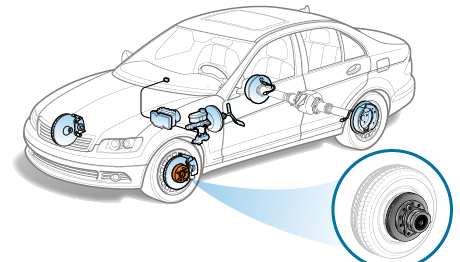
How the Defect Was Discovered
The recall followed several dealer service reports and internal testing that revealed some aluminum accessory wheels had not met Honda’s press-fit tolerance specifications. These parts, supplied by an external vendor, were sold as optional upgrades through Honda dealerships.
Honda engineers determined that under repeated stress, vibration and heat could gradually loosen the improperly seated steel inserts that hold the lug nuts in place. Once loose, the wheel might wobble or detach entirely—a potentially catastrophic event at highway speeds.
According to internal documents reviewed by Car and Driver, the defect likely originated during a manufacturing equipment calibration error that went undetected for several months.
What Owners Should Do
Owners of 2016–2021 Honda Civics are encouraged to visit Honda’s official recall portal or call 1-888-234-2138 to check their vehicle identification number (VIN).
Dealers will inspect the wheels and replace them if necessary, free of charge. The process typically takes less than an hour, but scheduling may vary depending on dealer capacity.
Honda began notifying registered owners via email and postal mail in early November.
Drivers who notice vibration, clunking noises, or steering instability should avoid driving the vehicle and contact a dealer immediately.
“We advise all customers to respond promptly to recall notices,” said NHTSA spokesperson Maria Santos. “Even if your vehicle seems fine, the risk increases with continued driving.”
Safety Experts Warn of Potential Dangers
Automotive safety experts stress that a wheel detachment is among the most hazardous mechanical failures a vehicle can experience.
“When a wheel comes off, the driver loses control almost instantly,” explained Dr. Evan Miller, mechanical engineering professor at Purdue University. “The vehicle can veer into oncoming traffic or roll over, and the detached wheel itself becomes a projectile hazard.”
Miller added that this particular defect, though rare, underscores the critical importance of quality assurance in aftermarket and accessory parts, which often undergo less stringent testing than original factory components.
Historical Context: Honda’s Recall Record
While Honda consistently ranks high for reliability, it has experienced several notable recalls over the past decade.
In 2020, the company recalled nearly 1.4 million vehicles worldwide due to faulty fuel pumps. Before that, Honda was among the automakers affected by the massive Takata airbag recall, which remains the largest in automotive history.
The current recall is comparatively limited but highlights ongoing challenges automakers face in maintaining consistent supplier quality control.
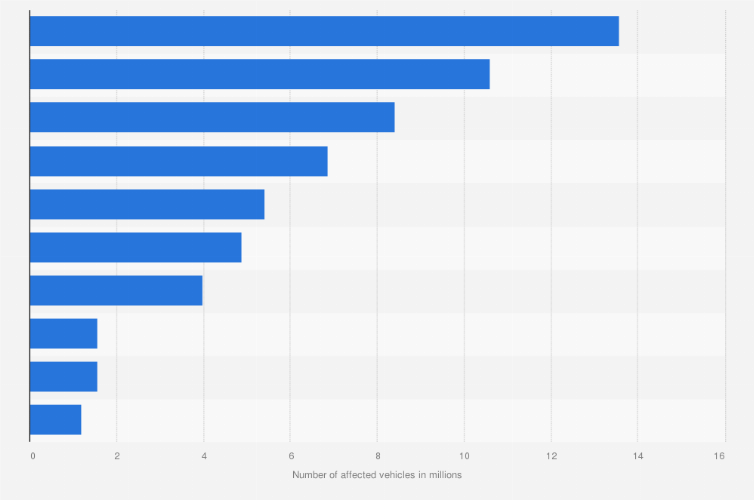
Consumer Rights and Legal Framework
Under U.S. law, automakers must report any safety defect to the NHTSA and provide free repairs or replacements to affected consumers.
Honda has complied by submitting its recall plan under campaign number 25V-743, detailing procedures for inspection, notification, and remedy.
Owners who experience delays or unsatisfactory service can file complaints directly with NHTSA’s Office of Defects Investigation via www.nhtsa.gov.
“Recalls are not optional,” noted James Lang, a consumer rights attorney based in Chicago. “Federal law guarantees that manufacturers must bear all costs associated with safety repairs.”
Global Impact and Market Response
As of this week, Honda Canada and Honda Europe are assessing whether vehicles sold in their markets use the same wheel components.
In Asia, Honda Motor Co. Japan confirmed that no domestic-market Civics were fitted with the affected wheels. Still, the company said it is conducting a proactive review of supplier records “out of an abundance of caution.”
Market analysts noted that the recall caused only a minor dip in Honda’s stock price, reflecting investor confidence in the company’s swift response.
Dealership and Customer Reactions
At dealerships across the U.S., technicians are preparing for a surge in service appointments.
“Most customers are understanding once we explain the safety concern,” said Tony Ramirez, a service manager at a Honda dealership in Phoenix. “We’ve stocked extra wheel sets to minimize wait times.”
Some Civic owners, however, expressed frustration about yet another recall notice.
“It’s inconvenient, but at least they’re upfront about it,” said Jennifer Klein, a 2020 Civic owner in Ohio. “I’d rather lose an afternoon at the dealer than a wheel on the highway.”
Industry Analysts: Quality Control in the Spotlight
The recall has reignited discussion over supplier oversight in global auto manufacturing.
“Today’s supply chains are massive, involving hundreds of subcontractors,” explained Rebecca Torres, senior analyst at the Center for Automotive Research. “Even a single miscalibrated press machine can affect thousands of parts before anyone notices.”
Torres emphasized that automakers are increasingly relying on digital quality tracking systems and AI-based inspection to detect minute production anomalies before they reach customers.
Economic and Brand Implications
Analysts predict the financial cost of the recall will be modest, likely absorbed under Honda’s regular warranty budget. However, even limited recalls can have long-term implications for brand perception.
The Civic, Honda’s top-selling model, plays a central role in its reputation for reliability. Industry observers say how Honda manages communication and follow-up service will determine whether consumer confidence remains steady.
How the U.S. Overtook China to Become Africa’s Largest Foreign Investor
Forward Outlook
Honda stated that replacement wheel supplies are being distributed nationwide, with full parts availability expected by early 2026. The automaker has pledged to strengthen supplier audits and increase the frequency of post-installation testing for accessory parts.
“Safety and customer trust are our top priorities,” the company said. “We are reviewing our quality control systems to ensure this does not happen again.”
FAQ About Honda Issues Massive Recall
Q1: How can I check if my Civic is affected?
Visit Honda’s recall lookup tool and enter your 17-digit VIN.
Q2: Is it safe to drive my car until inspection?
If you experience vibrations or strange noises, do not drive. Otherwise, schedule a recall appointment promptly.
Q3: How much will repairs cost?
All inspections and replacements are free under federal recall regulations.
Q4: Will this affect my car’s resale value?
Typically not, if the recall repair is completed. Buyers often view prompt manufacturer action as a positive sign of responsibility.



